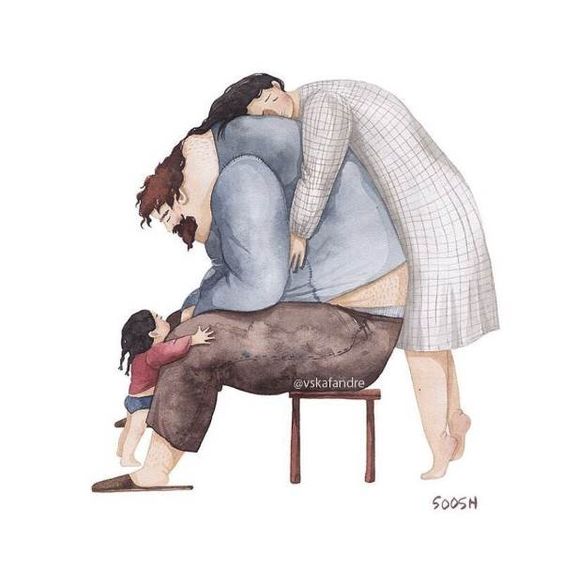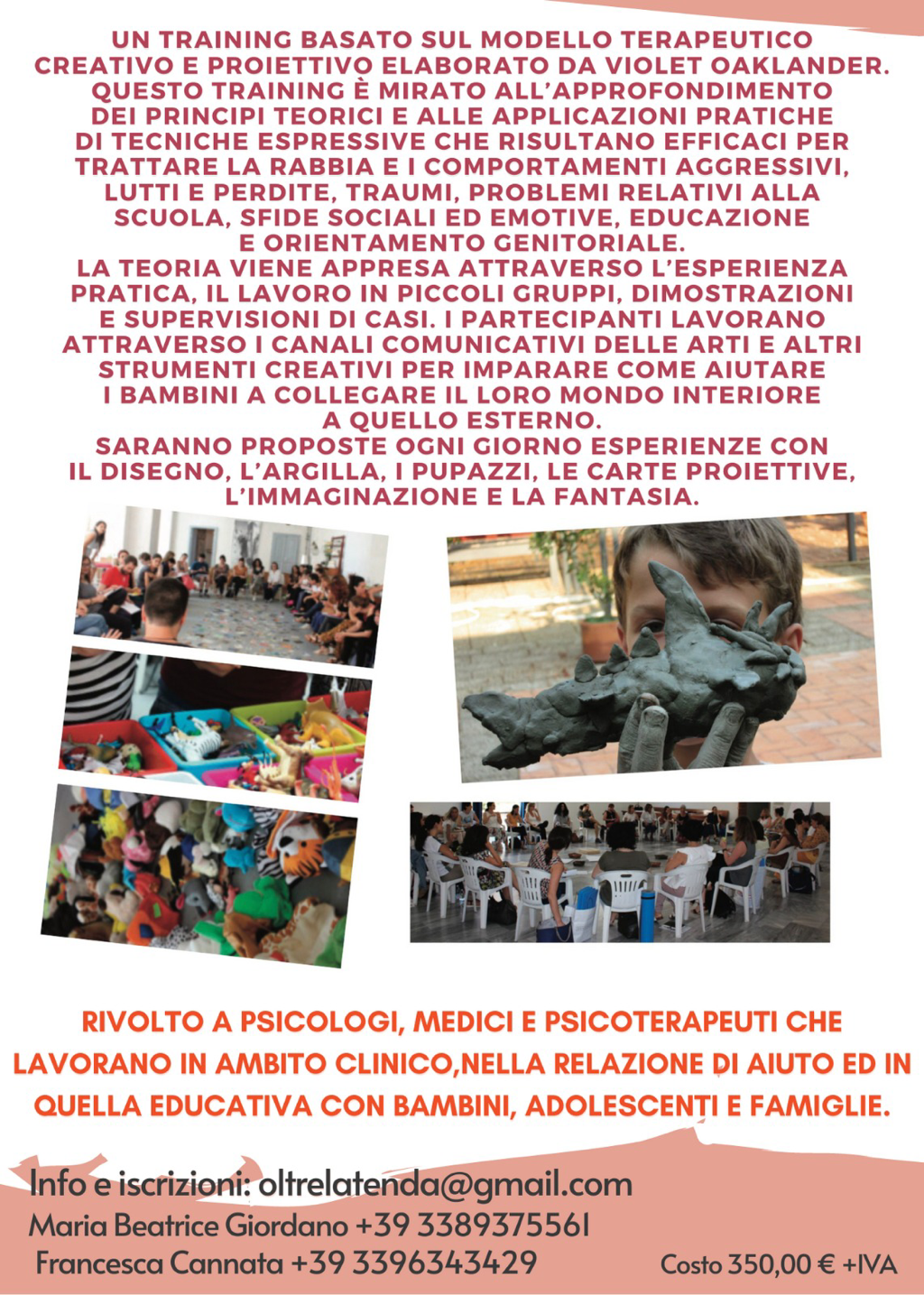Coronavirus – Advise for parents
Coronavirus – Advise for parents.
Dear Mothers and Fathers,
We are living in a very particular moment which leaves us no time for long reflection, but forces us to look carefully at our behaviour. Things have changed and are changing so fast, that as always in life, we have to make choices, and share them with our children.
There is the epidemiological issue which requires slowing down the contagion through preventive behaviour that limits contacts with the outside world.
There is the social problem and the enormous differences which the opposing poles of our society are experiencing: North and South, rich and poor, healthy and ill, young and old. And the knowledge that it is not possible for everyone to stop working, meeting others, but at the same time live a healthy life.
There is the psychological problem that affects how we can best face such enormous distress; but we must also consider how this will affect our personality and above all the personality of our children and young people who already live in a frightening, precarious, and dangerous world which offers them no protection. Is this yet another monster impossible to come to grips with?
There are many questions relating to the coronavirus and the situation we are living in:
How should we behave?
What daily activities should we limit?
How can we resolve practical problems resulting from the ministerial decree and the closing of schools?
How do we explain what is happening to our children? To our young people? To ourselves?
How can we create a liveable atmosphere despite this new danger that is so elusive and intangible?
We cannot react to all this by allowing ourselves to be seized by crippling anxiety that will cause anxiety and psychological symptoms to our families.
At the same time, we cannot hide behind the imprudent reaction of phrases such as: “The coronavirus doesn’t frighten US!” - “They want to take away our social relations!” - “It seems all so exaggerated, I can’t see anything strange”.
On the contrary, it is up to us to transform our anguish into active participation in social responsibility and to consciously choose how to behave, being aware of the desire to protect ourselves from the fallout that our behaviour will have on the weakest. These are those who really risk their lives, those who lack the ability to face sickness, those who are already ill, those who do not have the energy to survive.
We must assume the responsibility of following the WHO measures for slowing the spread of coronavirus, and explain this to our children without terrorising them or censoring reality.
We have prepared some information and points which we hope will be useful for facing the coronavirus problem with our children, and who knows, maybe even transform this painful and worrying moment into an occasion for us, as adults and parents, and a formative experience for children and the young, who can learn a sense of responsibility to care for and respect everyone, and also develop their capacity to face life’s difficulties.
1. Facing the truth is good for children and young people.
Make sure you are well informed about the coronavirus and think carefully about how to speak to your children about it.
Use simple words without going into too many details, and seek a means suited to their way of speaking and expression.
Communicate with reassuring tones, using games and stories.
2. It is alright to speak to children and the young about death and sickness. Hiding these fundamental parts of life serves only to make them unable to face these things in the future.
Don’t forget they are aware of everything and are very sensitive to our emotions and thoughts that, if not expressed, become unexplained nightmarish figures in their imagination.
Help them to face and explain their anxieties, fears and difficulties, respecting their sensibility.
3. Welcome their emotions and manage your own with calm and awareness. Our children can be a stimulus to face situations with steadfastness; don’t let yourself be seized by panic or creeping anxiety.
Let her know it’s alright to get angry because she can’t celebrate her birthday or go to the cinema; share her anger. Accept that it’s sad when when someone feels bad, a grandmother or grandfather is ill, and give your child a hug. Let him know it’s OK and perfectly natural to be afraid.
Let them know that nothing really bad will happen to any of you, but that it is important to follow these new rules of life, and that they must be less in contact with others so as to avoid the coronavirus circulating and hurting those most vulnerable.
Yes, it’s possible that there is someone vulnerable amongst those we know, and it’s for that very reason that we must behave so as to avoid hospitals becoming overcrowded.
4.Accept the fact that your child won’t follow all your instructions. You can write a list together of all the rules, following the indications of the scientific community, and make a coloured poster. Help him to understand that even if it may be a little boring and strange to follow all these rules, by doing this you are helping the world get better more quickly.
Children will find it very difficult to follow these rules, and won’t do so very much. Don’t be obsessive; you can’t control everything they do. Avoid contact with many people as much as possible and accept that they don’t have control over their behaviour the way adults do.
5. Avoid too much exposure to the media. Listen to their questions with patience and calm, even if they are repetitive or strange.
Spend time with them and reassure them, finding a way to explain together:
- Use stories to understand the situation.
- Invent stories together about their fears, frequently changing the ending.
- Draw together: the coronavirus, their fears, what they would like to do, their emotions.
- Help them research the coronavirus as if they were at school or tell them about other moments in history when people with far less scientific knowledge than we have today faced epidemics.
- Try massages, hugs and caresses: physical contact is reassuring and calming.
6. Keep up the daily routine at home (timetables, meals, walks outside, homework, staying in touch with friends and relations). Make sure your family has moments of fun and love without being fixated on coronavirus and the emotions around it. Explain that this is a brief period, like when they are sick and have to stay at home, but that everything will go back to normal; back to school, having parties and living normally.
7. Explain that this is a particular moment which will pass, and that even in these difficult occasions we can be together (parents and children), give each other strength and find beauty in our lives. Give them faith and allow them to be able to share their fears and sense of loneliness with you.
Help your older children understand the need for everyone to take their share of responsibility. Explain that even they are not immortal, and that respect and care for all of society must begin with them. We are not immortal and what we do has repercussions on everyone.
Let us, above all, be energetic protagonists working towards the solution!
Francesca Cannata
Psicologa e Psicoterapeuta
3396343429
[email protected]
www.oltrelatenda.com



